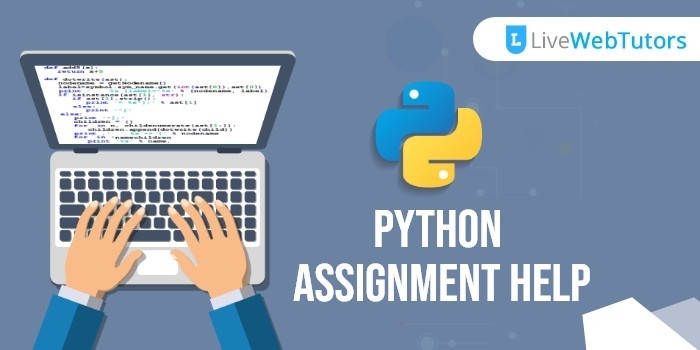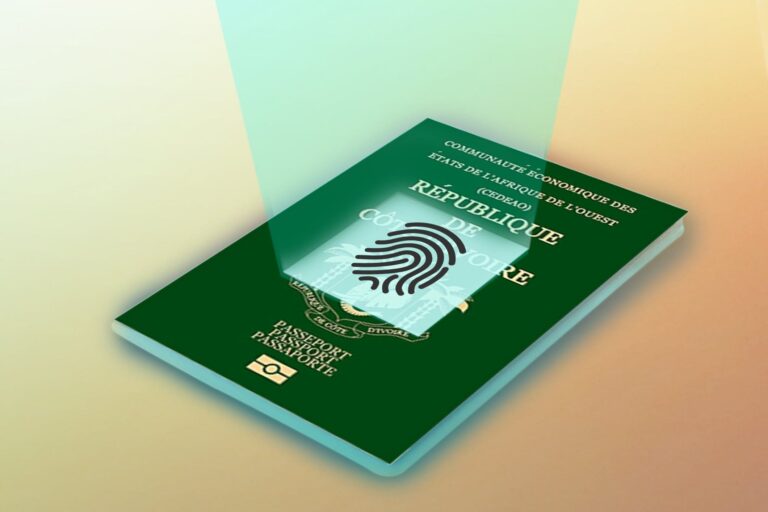
A Disability Expert is someone who has the knowledge, training, and tools necessary to make the lives of people with disabilities better. A disability expert understands what these individuals need in order to live and be healthy and makes sure that their needs are met. Whether a person needs help with food, clothing, or transportation, an expert in this field will make sure that they get what they need.
Relational negotiation
Relational negotiation can be an essential skill for disabled workers brisbane. Many workers with disabilities have difficulty negotiating with employers on their own, and they lack the skills and experience needed to successfully resolve disputes. Often, the issue is about reasonable modifications, which are necessary for their safety or quality of work. Another critical element of inclusion is competitive compensation. Equal pay for equal work is the foundation for inclusion, and a strong negotiation process can make this possible.
To ensure a successful negotiation, the parties must establish mutual respect and be willing to compromise. Cultural and linguistic differences can lead to misunderstandings during negotiations. In addition, gender differences can influence perceptions, assumptions, and bargaining styles. Finally, stereotyping can contribute to misunderstandings.
Structured negotiation is one technique that is well-suited for resolving a variety of issues. It has been widely used to settle disability rights claims and has also been applied to other fields of law. The American Bar Association published a guide to Structured Negotiation in 2016, which is a comprehensive guide to its use. The book includes case studies from successful Structured Negotiation cases. The book is geared toward advocates in the disability rights community, but it is also applicable to legal issues.
Researchers have observed client jury discussions to learn about the process of client jury negotiations. Observation revealed that clients sought interactional control and relegated disabled people to a subordinate position. Their attempts to exert control are likely the result of experiences of marginalization in society. These experiences manifest themselves in the clients’ attempts to exert control over the process of service development.
Knowledge of unorthodox configurations of agency
Disabilities are not binary, and their social relations can be highly heterogeneous. This requires a particular kind of knowledge, one that recognizes and negotiates the multiple and unorthodox configurations of disability services. Knowledge of these situations is a form of expertise, and is a critical contribution to disability studies scholarship.
This knowledge is based on anthropological studies of naturalized systems of power. The concept of disability includes suffering, which requires relational negotiation. Erin Manning calls this minor gestures recalibrating perceptions. This type of negotiation can be incredibly powerful. Consequently, knowledge of these configurations is critical to assessing the effectiveness of disability services agencies.
Need to know where to seek help
If you have a disability, you may need to know where to seek expert assistance. You should start by contacting your academic advisor or school disability services office. Your professor can also be an invaluable resource. He or she regularly evaluates students and may be more familiar with the specific accommodations students with disabilities require.
Relational negotiation
Relational negotiation can be an essential skill for. Many workers with disabilities have difficulty negotiating with employers on their own, and they lack the skills and experience needed to successfully resolve disputes. Often, the issue is about reasonable modifications, which are necessary for their safety or quality of work. Another critical element of inclusion is competitive compensation. Equal pay for equal work is the foundation for inclusion, and a strong negotiation process can make this possible.
To ensure a successful negotiation, the parties must establish mutual respect and be willing to compromise. Cultural and linguistic differences can lead to misunderstandings during negotiations. In addition, gender differences can influence perceptions, assumptions, and bargaining styles. Finally, stereotyping can contribute to misunderstandings.
Structured negotiation is one technique that is well-suited for resolving a variety of issues. It has been widely used to settle disability rights claims and has also been applied to other fields of law. The American Bar Association published a guide to Structured Negotiation in 2016, which is a comprehensive guide to its use. The book includes case studies from successful Structured Negotiation cases. The book is geared toward advocates in the disability rights community, but it is also applicable to legal issues.
Researchers have observed client jury discussions to learn about the process of client jury negotiations. Observation revealed that clients sought interactional control and relegated disabled people to a subordinate position. Their attempts to exert control are likely the result of experiences of marginalization in society. These experiences manifest themselves in the clients’ attempts to exert control over the process of service development.
Knowledge of unorthodox configurations of agency
Disabilities are not binary, and their social relations can be highly heterogeneous. This requires a particular kind of knowledge, one that recognizes and negotiates the multiple and unorthodox configurations of disability services. Knowledge of these situations is a form of expertise, and is a critical contribution to disability studies scholarship.
This knowledge is based on anthropological studies of naturalized systems of power. The concept of disability includes suffering, which requires relational negotiation. Erin Manning calls this minor gestures recalibrating perceptions. This type of negotiation can be incredibly powerful. Consequently, knowledge of these configurations is critical to assessing the effectiveness of disability services agencies.
Need to know where to seek help
If you have a disability, you may need to know where to seek expert assistance. You should start by contacting your academic advisor or school disability services office. Your professor can also be an invaluable resource. He or she regularly evaluates students and may be more familiar with the specific accommodations students with disabilities require.











